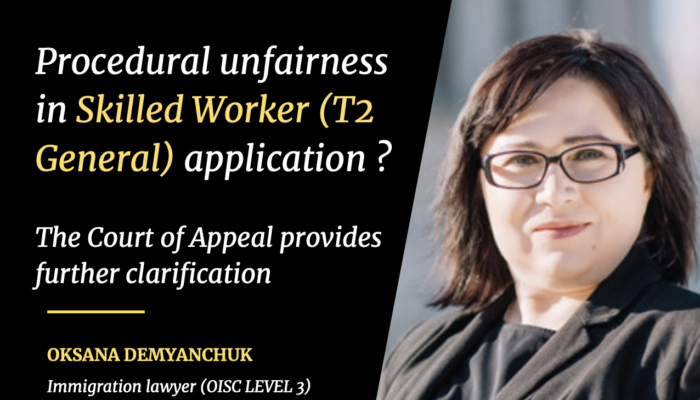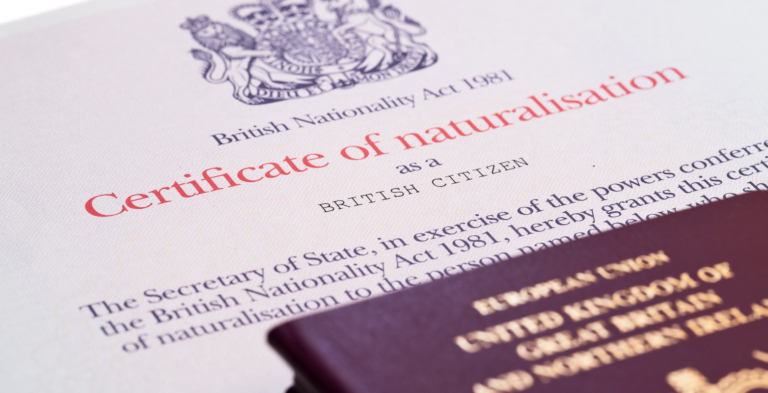Surrogacy

In the UK, before entering into a surrogacy agreement, the intended parents and surrogate mother must first undergo a medical evaluation and receive legal counsel. The terms of the surrogacy agreement must be reduced to writing, and all parties must sign it. The agreement should detail the rights and responsibilities of both the intended parents and surrogate mother, as well as any agreed upon expenses. By ensuring that all parties understand their respective roles and obligations, the surrogacy agreement provides a framework for a successful and legally recognized surrogacy arrangement.
The surrogacy legal process in the UK is complex and can be difficult to navigate. It is important for intended parents and surrogate mothers to obtain legal advice before entering into a surrogacy arrangement and to ensure that all legal requirements are met throughout the process.
What is surrogacy itself?
When a woman carries and gives birth to a child with the previously agreed intent of the child being given over to an individual or couple, who will then raise the child as their own.
Types of surrogacy and relation to parental and legal rights
Surrogacy law can get extremely complex. To explain this, we will use an example family:
- Parent F is the female parent of the child that is being had for them through surrogacy
- Parent M is the male parent of the child that is being had for them through surrogacy
- Surrogate F is the female, biological parent of the child, and is giving birth to them with the full intent of handing the child over to Parent F and M
- Surrogate FN is the female, non-biological parent of the child – she has been given the eggs of Parent F and with the sperm of Parent M – she is simply carrying the child
- Surrogate M0 is the biological male parent of the child, – his sperm has been used to fertilise the egg given to the surrogate mother. Surrogate M0 is not the father in the relationship.
- Parent M1 is the surrogate father who is in a relationship with Parent F, and their sperm is being used to fertilise the egg given to the surrogate mother. They are also Parent M.
There are two main types of surrogacy:
- Partial, where the genetics are those of Surrogate F and Parent M1.
- Total, where the genetics are those of Parent F and Parent M1.
Now that we’ve set out the (complex!) guidelines, who is who to the child?
Surrogate F and Surrogate FN are both the mother of the child legally. If she has a husband, even if the child does not have his DNA, the husband will be treated as the legal father in certain circumstances.
Essentially, by using a surrogate, you lose a lot of rights to your child, including parental rights and responsibilities. However, this is where Parental Orders come in. Sterling Law will help you with this complex process to ensure you are recognised as the parents of the child. After the parental order, you and your partner will be the legal parents of the child, if the court accepts it.
Parental orders
Parental orders are judicial decrees issued by a court that confer legal parenthood upon the intended parents of a child who has been born through surrogacy. Such orders serve to formally recognize the intended parents as the child’s legal parents and to terminate the legal status of the surrogate mother as a parent. In essence, a parental order provides legal recognition and security to the intended parents of the child, while also ensuring that the child’s legal rights and protections are fully safeguarded under the law.
The document establishes a legal connection between the intended parents and the baby, and it should be approved by the surrogate. This can happen as soon as the child is one and a half months old, and one of the intended parents must be a biological relative of the baby. To be eligible for a parental order, the intended parents must be either a married couple, civil partners, or two individuals who are in a long-term relationship and living together.
When the document is provided to the intended parents, the baby receives an updated birth certificate that features them. Consequently, it terminates the legal connection with the biological mother and their partner, if they were added to the original birth certificate. It’s worth mentioning that UK law enables the child to learn about their surrogate parents as soon as they turn eighteen.
International surrogacy
In case of international surrogacy it is vital to consult with a professional fertility lawyer who has enough experience in this field. At the very least, it is necessary to clarify the rights of all members of the agreement and ensure the possibility of travelling to the United Kingdom with the baby.
Even if the legislation of the surrogate’s country allows you to be featured on the birth certificate, you are still obliged to obtain a parental order in the United Kingdom. Otherwise, there will be no legal connection between you and the child in the eyes of the local authorities. However, it does not mean such a birth certificate is entirely useless: it will still be needed for the parental order application.
How our surrogacy lawyers can help
Sterling Law offers support and guidance for local surrogacy agreements and the agreements that involve overseas jurisdiction. We are ready to help at any stage of the process, from an initial consultation to guidance throughout the process of applying for a parental order.
Knowing the process in detail is vital to have realistic expectations about a surrogacy agreement. It is crucial to learn everything in advance to avoid any legal confusion in the future. Every surrogacy lawyer in our team has the experience required to review your case individually, share all the important insights and provide you with personalised advice.
It is especially important to consult professional solicitors if the agreement is international. Our lawyers are ready to review your case individually and discuss all the options, such as nationality of the child, to help you make an informed decision. Of course, we are also willing to help with the legal aspect of bringing the baby to the United Kingdom after entering a surrogate agreement overseas.
Our office is located in London, but it is also possible to have a confidential consultation online. Fill out the form available on this page and we will reach out within hours.











